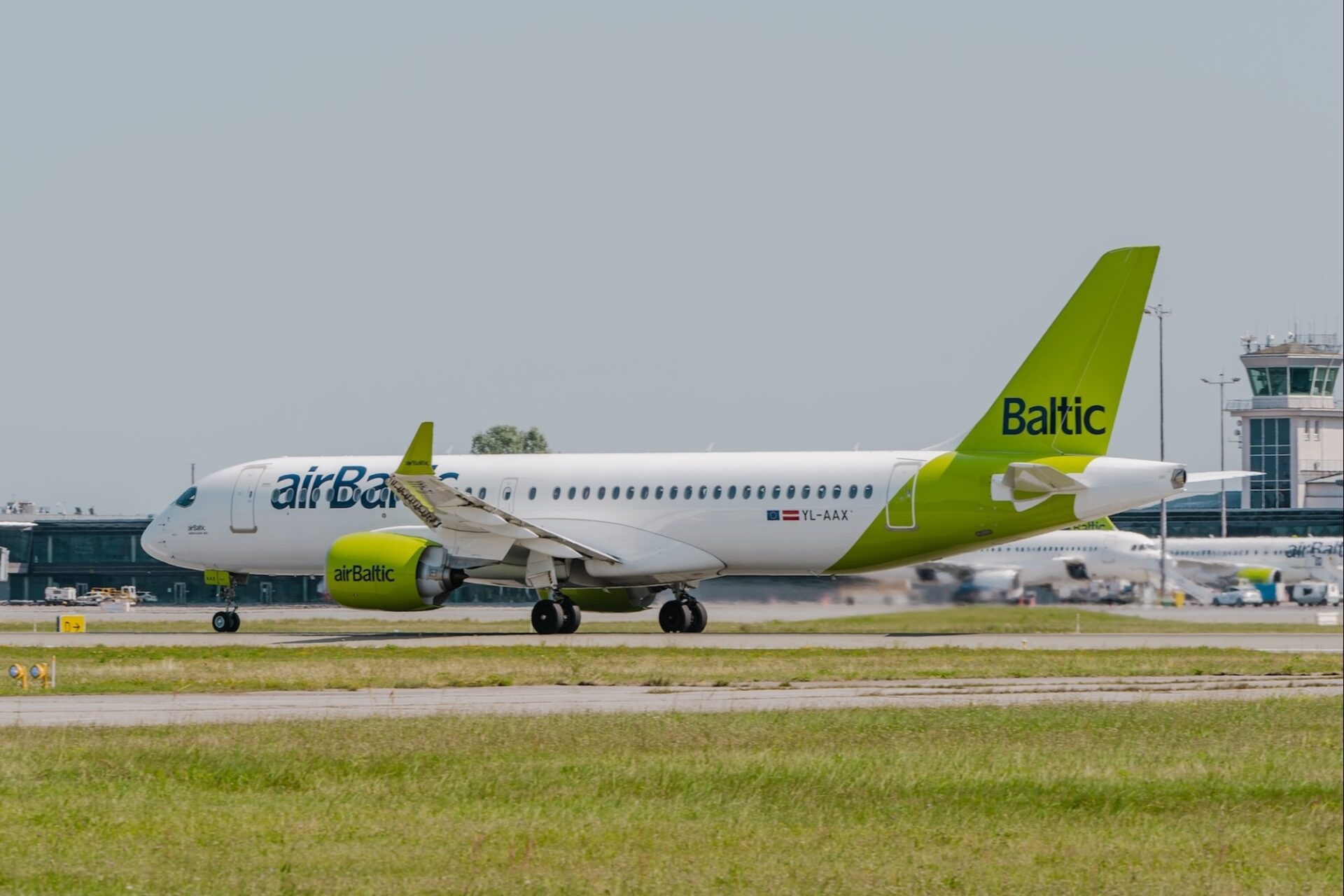Dubai, London, Copenhagen, Athens, Hanoi, Cambodia, Singapore, and Phuket to Get New Flight Services Rendered by IndiGo in 2025
Saturday, May 31, 2025

IndiGo currently commands nearly 60% of India’s domestic aviation market and has been rapidly increasing its footprint on international routes. Recent data from India’s Directorate General of Civil Aviation (DGCA) indicated that IndiGo carried approximately 1.8 million international passengers in the October to December quarter of the previous year, closely trailing Air India and its budget subsidiary, which collectively transported around 2 million international travelers.
This substantial international passenger volume underscores IndiGo’s rising influence beyond domestic borders and highlights the airline’s potential to reshape India’s international aviation landscape, especially as it ventures more deeply into premium services.
A key aspect of IndiGo’s expansion plan involves the introduction and enhancement of business class seating on several important routes. Specifically, IndiGo intends to offer business class seats on flights to key global destinations such as Singapore, Phuket, and Dubai. Although the exact Indian departure airports were not specified, these cities are known to be major international travel hubs with high demand for premium travel services.
By upgrading its product offering in these lucrative markets, IndiGo aims to attract business travelers and affluent leisure passengers, broadening its customer base and competing head-to-head with established full-service carriers.
Beyond enhancing services on existing routes, IndiGo plans to grow its long-haul network with new international destinations scheduled for launch later in 2025. These include major European cities such as London, Copenhagen, and Athens, as well as destinations in Southeast Asia like Hanoi and cities in Cambodia. This expansion represents IndiGo’s strategic move to capture emerging travel demand from India’s growing middle class and business sectors seeking connectivity with global economic centers.
The addition of such routes is likely to increase passenger flow between India and these markets, providing more direct travel options and stimulating bilateral tourism and business exchanges.
IndiGo has outlined ambitious plans to increase its aircraft fleet to more than 600 planes by the fiscal year 2030, positioning itself as one of the world’s largest low-cost carriers in terms of fleet size. This aggressive fleet expansion aligns with the airline’s strategy to serve a broader network with increased frequency and capacity.
Complementing this growth, IndiGo has signed a partnership agreement with Bengaluru International Airport to develop Maintenance, Repair, and Overhaul (MRO) infrastructure. This facility will support the expanded fleet by ensuring efficient aircraft maintenance and operational reliability, critical factors for maintaining high service standards and operational safety.
IndiGo’s international expansion has several implications for the travel and tourism industry both within India and globally. First, the increased seat capacity and new routes will enhance connectivity, making it easier and more affordable for travelers to access new markets. This can stimulate tourism flows, encourage business travel, and foster stronger economic ties between India and the new destination countries.
Second, the introduction of business class offerings by a traditionally low-cost carrier signals a shift in market dynamics. It challenges incumbent full-service airlines by offering competitive pricing paired with premium services, which may prompt other carriers to adjust their strategies, potentially leading to more competitive fares and improved service quality industry-wide.
Moreover, the expansion is expected to support India’s broader economic goals, including boosting inbound tourism and facilitating outbound travel for Indian citizens. Increased international connectivity often correlates with growth in sectors such as hospitality, retail, and services at both ends of the routes.
While IndiGo’s ambitious plans are promising, scaling international operations and introducing premium services come with challenges. These include navigating complex international aviation regulations, managing longer-haul flight operations, and meeting heightened customer expectations associated with business class travel.
Airports and air traffic control infrastructure must also keep pace with growing flight volumes and expanded networks. Investments in ground services, passenger facilities, and security will be crucial to support smooth operations.
Competitors, particularly Air India and other full-service carriers, are likely to respond with their own network and service enhancements, which could intensify competition on key routes and benefit consumers through better choices and pricing.
For international travelers, IndiGo’s network expansion will provide more options and potentially lower fares for travel to and from India. New routes to Europe and Southeast Asia open convenient connections for business professionals, tourists, and diaspora communities.
The availability of business class on popular leisure and business routes like Dubai, Singapore, and Phuket adds value for travelers seeking comfort without the premium price tag typical of legacy carriers. This democratization of premium travel may increase demand and broaden market segments.
Increased connectivity can also lead to the development of secondary tourism circuits and facilitate cultural exchange, enhancing global tourism diversity and economic integration.
IndiGo’s expansion reflects wider trends in the aviation industry, including the growth of low-cost carriers into longer-haul markets and their gradual encroachment into premium travel segments. This evolution is driven by rising disposable incomes, changing traveler preferences, and the desire for more flexible travel options.
The airline’s strategic partnership with Bengaluru International Airport for MRO development is indicative of growing recognition of the importance of robust operational infrastructure to support fleet and network growth sustainably.
Looking ahead, IndiGo’s expansion could influence the development of new travel corridors, stimulate competitive pricing, and encourage innovation in service delivery, shaping the future of international air travel from India.
IndiGo’s plan to add 10 new international destinations in 2025, along with enhanced business class services, marks a transformative phase for the airline and the Indian aviation sector. With routes spanning Europe and Southeast Asia, fleet growth targets, and investments in maintenance infrastructure, IndiGo is positioning itself as a formidable competitor in global air travel.
This growth is expected to enhance connectivity, stimulate economic activity, and broaden travel choices for passengers worldwide, thereby contributing positively to the global travel ecosystem.












